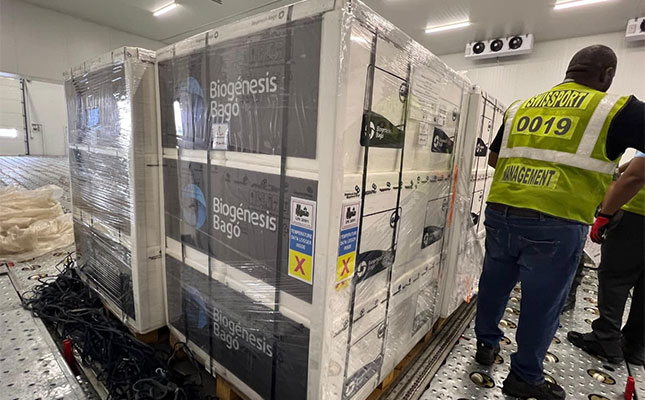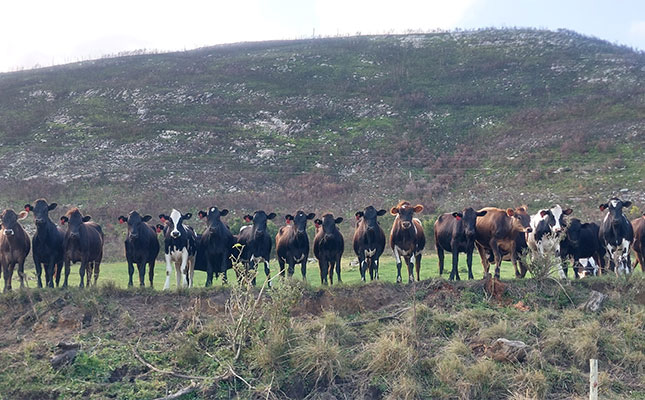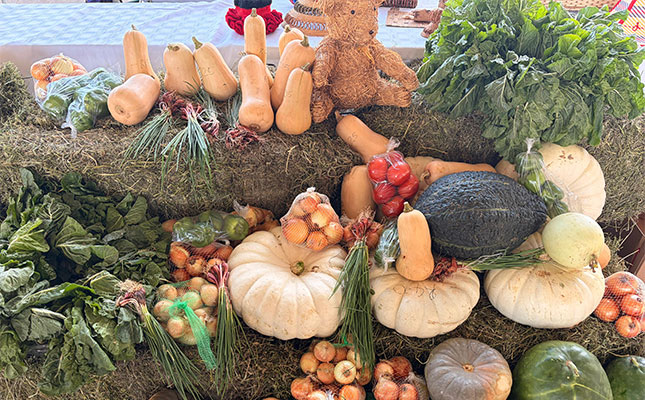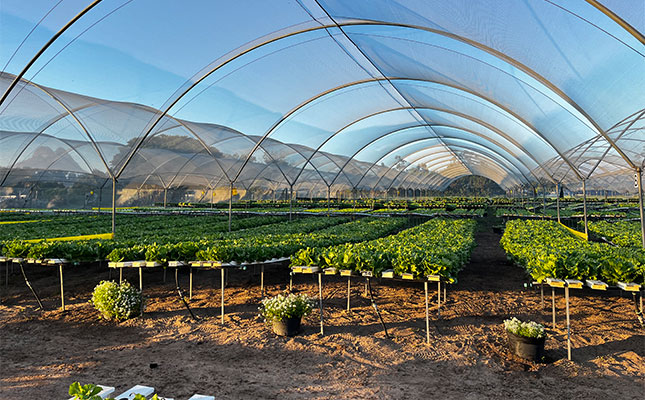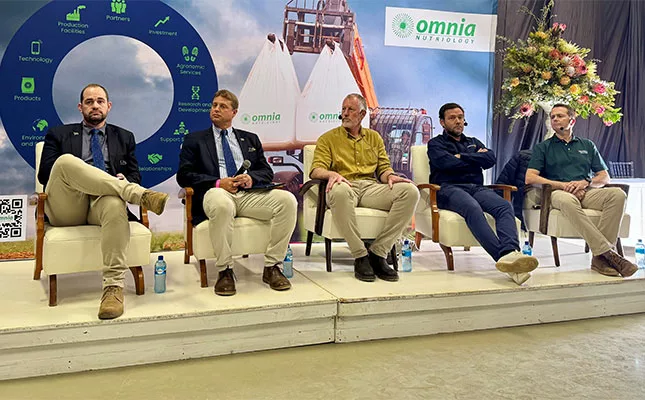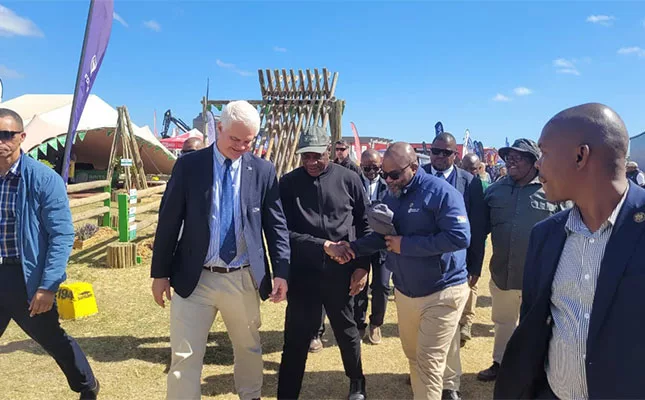
He reassured the sector that government regarded agriculture as a national priority and would do everything possible to support its growth.
Mashatile emphasised that all levels of government had a duty to assist farmers, regardless of political affiliation. Key areas requiring urgent attention, he said, included rural infrastructure, farm safety, reliable water supply, and landownership for new-era farmers.
READ ‘South Africa can drive food security in the region’
Infrastructure and trade under the spotlight
The state of South Africa’s road network dominated discussions. Jaco Minnaar, president of Agri SA, said poor infrastructure was hampering food security. “The issue is not production, but our ability to get food to the people. Dilapidated roads add to the cost of producing and transporting food.”
Grant Naudé, president of Merino SA, called for an environment more conducive to doing business.
“In some areas, roads are unusable after rain. We have world-class production systems, but no way to get products to market. Farmers are resilient, but we need to see light at the end of the tunnel.”
READ Trump tariffs force SA to address problems on other markets
Trade and market access were also raised. Mashatile said that while South Africa initially seemed to be at the bottom of the appointment list to see US President Donald Trump about negotiating lower import tariffs, South Africa had unexpectedly been moved up. “We have been asked to be in the White House on 17 September to discuss trade, and in particular South Africa’s provision of critical minerals. We will use this opportunity to explain to the Trump administration how much harm a 30% tariff has on the agriculture sector.”
Land reform and safeguarding production
Land reform featured prominently in the deputy president’s remarks. Acting on President Cyril Ramaphosa’s instruction, Mashatile said government would accelerate the transfer of 2,5 million hectares of state-owned land currently lying fallow. He said that delays in transferring ownership were due to disputes between land reform beneficiaries.
READ Deputy president Mashatile attends Nampo to meet with agri role players
Heleen Viljoen, an economist at Grain SA, emphasised the importance of having a dynamic wheat import tariff in place to protect the local industry from cheap imports.
“The Western Cape has gone from being 100% self-sufficient in wheat production to only 50%. If more farmers cease planting wheat and South Africa has to import the full wheat requirement for the country, at a quality level equal to that which we ourselves can produce, it will cost R700 million per year. This will increase the price of bread and cost us valuable jobs. An effective tariff will therefore not only benefit farmers but the whole of South Africa,” Viljoen said.
Mashatile agreed, adding that South Africa should not rely on imported food when it had both the land and the farmers to be self-sufficient.
Get trusted farming news from Farmers Weekly in Google Top Stories.
➕ Add Farmers Weekly to Google ✔ Takes 10 seconds · ✔ Remove anytime

